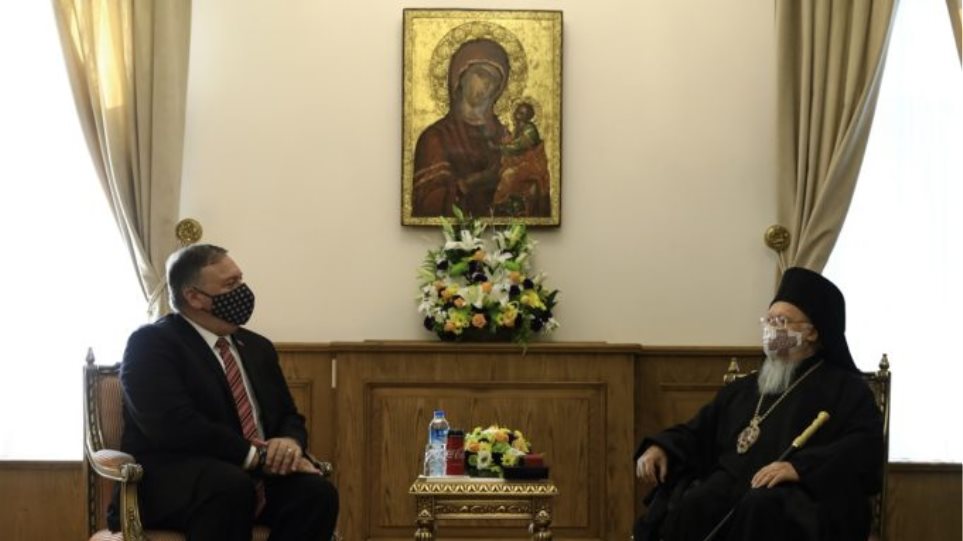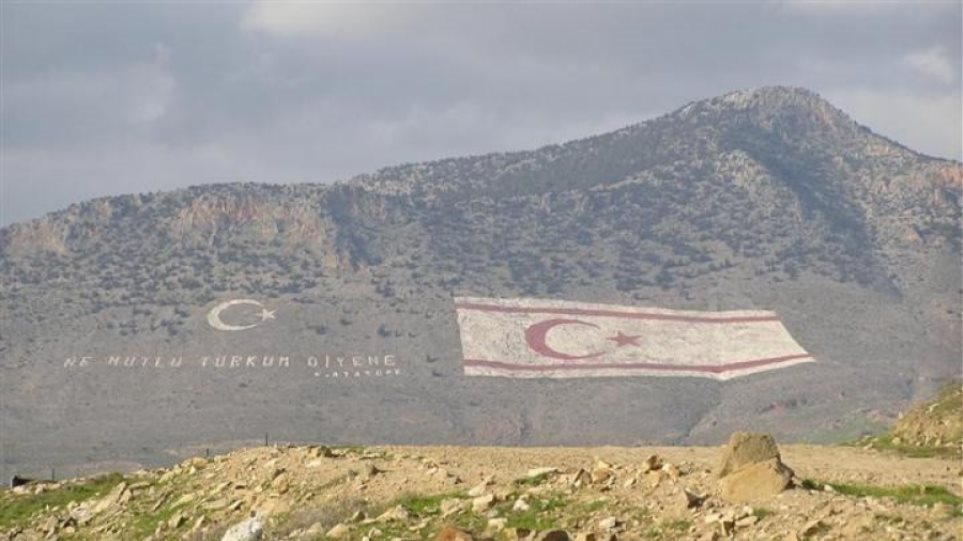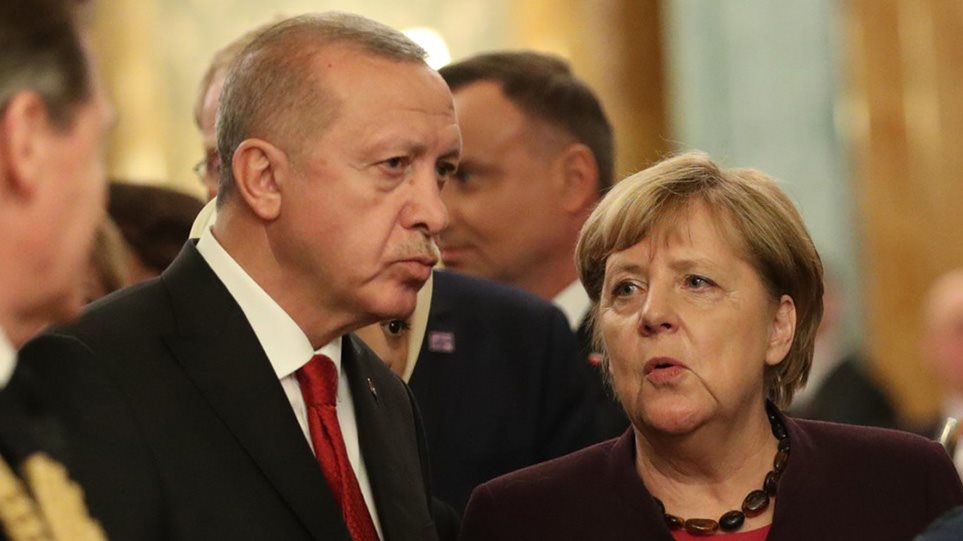For several years, Greece was synonymous with economic decline and political exceptionalism in Europe. The Greek economy contracted by 26% between 2007 and 2014, driving hundreds of thousands into unemployment. Between 2015 and 2019, the leftist government of Alexis Tsipras sent mixed signals to Brussels on Greece’s bailout programmes. In July 2019, the liberal and center-right New Democracy party won the parliamentary election with a landslide victory. Prime Minister Kyriakos Mitsotakis was elected to bring the country back to ‘normality’ (kanonikotita). However, due to the coronavirus pandemic, the national economy is still declining and reforms are not always successful.
However, a renewed air of optimism is sweeping across the country. The economy is projected to grow by 4.1% in 2021. Major investments by foreign companies, such as Microsoft, are planned in the coming years. Even the credit ratings agency Moody’s upgraded Greece’s rating in early November. Yet, the projected economic growth alone cannot explain Greek positivity. There is a new sense of national confidence after 10 years of painful EU-imposed austerity and reforms. Despite its relatively small size and population, Greece has plenty of reasons to feel confident.
Greece is the oldest parliamentary democracy in Southeast Europe and the Eastern Mediterranean and is fully integrated into the Western community of states. It became a member of NATO in 1952 and joined the European Economic Community in 1981. It is difficult to underestimate the geostrategic value of Greece, which enjoys a privileged position between three continents. Also, it possesses the world’s largest commercial fleet operating globally. The ports of Piraeus, Thessaloniki and Alexandroupolis operate as gateways to the EU and the Black Sea region. More importantly, the recent discovery of large gas reserves in the Eastern Mediterranean means that Greece could soon serve as an energy hub between European markets and regional producers.
The harrowing story of the whaleship “Essex” that inspired “Moby Dick”
How Poetry won Independence for Greece – WSJ
The Energy–Security Nexus in the Eastern Mediterranean
Following the annexation of Crimea and the war in the Donbas, the need to reduce dependency on Russian gas exports has forced European governments to focus on the Eastern Mediterranean’s energy resources. Israeli, Cypriot and Egyptian gas exports could contribute to the diversification of supplies. Greece’s geographic location makes it a natural bridge between the energy-rich Eastern Mediterranean and the energy-consuming countries of Western Europe. In January 2020, Greek, Cypriot and Israeli ministers signed an agreement to build a 1,900 km subsea pipeline to carry 10 billion cubic meters of natural gas annually.
Read more: RUSI





































